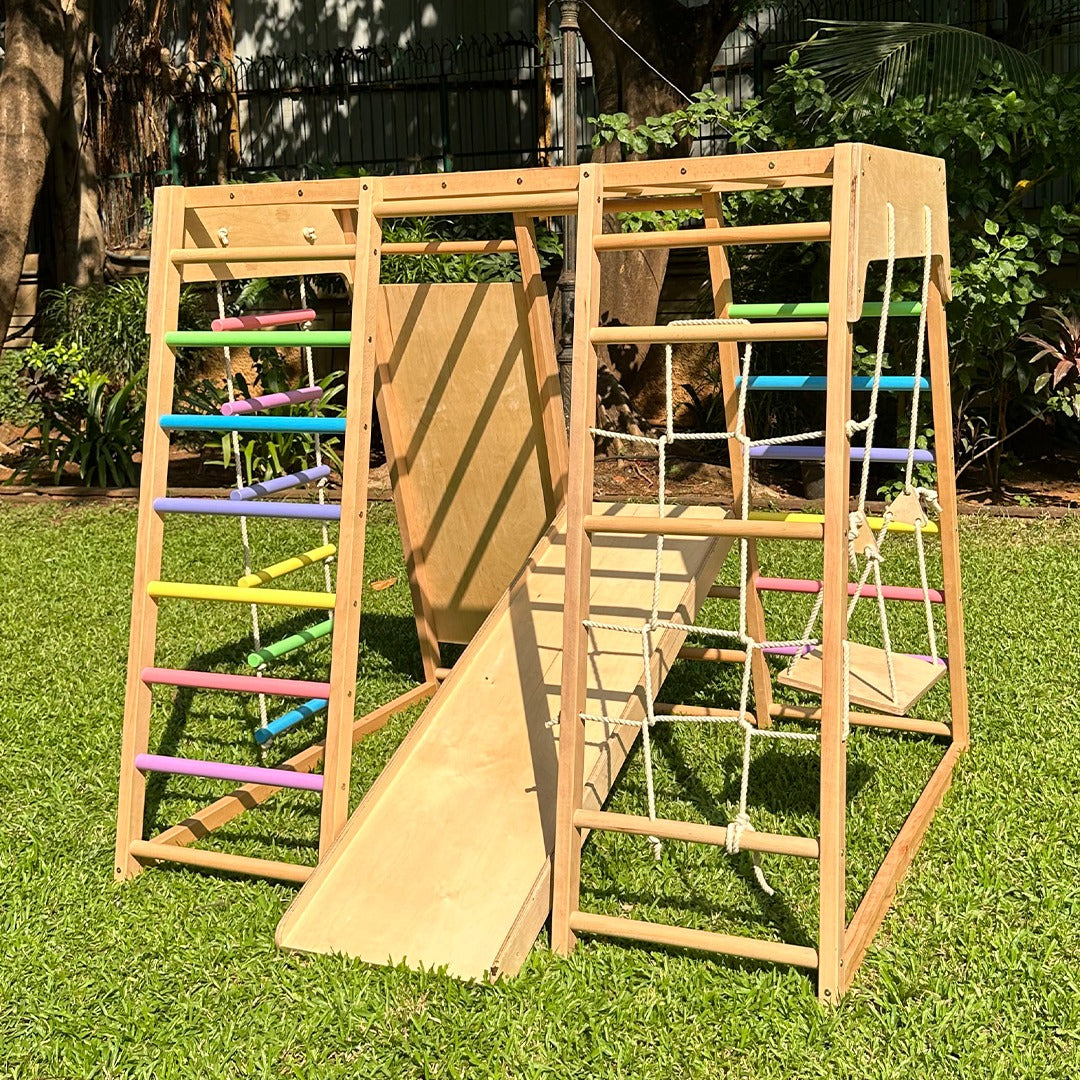Every Indian parent dreams of their child's bright future, meticulously planning for the best schools, the toughest coaching, and ultimately, a successful career. We pour our hearts into ensuring they ace exams, secure coveted admissions, and climb the professional ladder with confidence. But amidst this rigorous pursuit of academic excellence and competitive advantage, have we paused to consider a foundational pillar often overshadowed by the relentless chase for marks and medals? What about the quiet, powerful strength of empathy and boundless kindness?
It's easy to believe that in today's cutthroat landscape, being 'nice' might put our children at a disadvantage. Yet, true success, the kind that lasts and truly enriches a life, isn't just about individual achievements. It's woven into the fabric of meaningful relationships, strong communities, and the ability to understand and connect with others. Nurturing empathy in our little ones isn't a 'soft skill' to be relegated to extracurriculars; it's a vital life skill, an emotional muscle that builds resilience, fosters genuine leadership, and creates happier, more well-adjusted individuals.
So, how do we cultivate this invaluable trait in homes often buzzing with the pressure of IITs and IIMs? It begins right at home, with the small, everyday moments. Think about how you interact with your domestic help, the *didi* or *bhaiya* who supports your household. Do you speak to them with respect and acknowledge their hard work? Your children are watching, absorbing these subtle lessons far more profoundly than any lecture. When a vendor comes to your door, do you teach your child to greet them politely, recognizing their effort?
Storytelling, a cherished tradition in Indian households, offers another beautiful avenue. Beyond the moral fables of Panchatantra or Jataka tales, sharing personal anecdotes about moments of kindness you witnessed or performed can deeply resonate. Imagine recounting a time you shared your lunch with a friend who forgot theirs, or helped an elderly neighbour carry groceries. These narratives, far more than abstract concepts, paint vivid pictures of empathy in action.
Encourage perspective-taking by asking simple questions: "How do you think your friend felt when you accidentally broke their toy?" or "Why do you think that street vendor works so hard, even in the scorching sun?" These questions, gently posed, nudge children to step into another's shoes. Involve them in small acts of *seva* – perhaps helping pack extra snacks for children less fortunate, especially around festivals like Diwali or Eid, or sharing old clothes and toys. Such experiences, however small, sow the seeds of compassion.
Let's remember, success isn't just about the zeroes in a bank account or the degrees on a wall. It's about being a good human being, a compassionate citizen, and a supportive friend. By prioritizing the cultivation of heartfelt empathy and boundless kindness in our little ones amidst India's spirited competitive environment, we are not just raising academically bright children; we are raising truly successful, well-rounded individuals who will enrich their own lives and the world around them, making a positive difference that echoes far beyond any single achievement.



